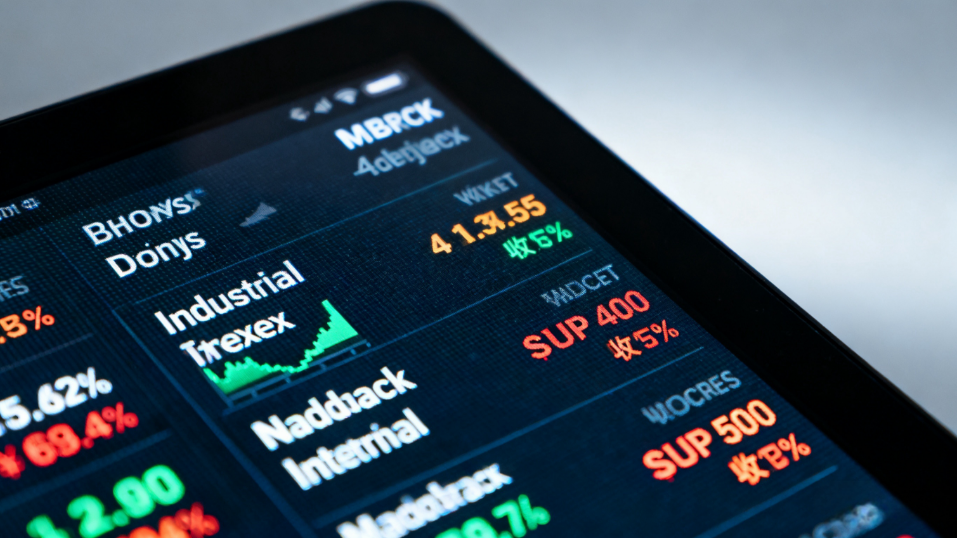
Intercontinental Exchange (ICE), the parent company of the New York Stock Exchange, announced on Tuesday that it has agreed to invest up to $2 billion in Polymarket. According to Messari, this deal is the seventh-largest equity investment in a cryptocurrency company and the largest private investment by a traditional Wall Street firm. The transaction values this blockchain-based prediction market platform at $8 billion. This is nearly 7 times the valuation from Polymarket's latest funding round earlier this year and 22 times higher than its valuation in a funding round before the November 2024 election.
In addition to this massive investment, ICE stated it plans to "become the global distributor of Polymarket's event-driven data, providing clients with sentiment indicators on market-related topics." ICE also mentioned that the two companies will collaborate on tokenization projects. Meanwhile, Polymarket founder and CEO Shayne Coplan hinted at the possible preparation for launching a POLY token, and MetaMask announced a plan to integrate Polymarket into its wallet (along with perpetual futures trading).
Galaxy's View:
The investment and endorsement from this iconic Wall Street institution are part of a reversal of fortune for Polymarket and its 27-year-old founder, Shayne Coplan.
Bloomberg has labeled Coplan the world's youngest self-made billionaire. Approximately a year ago, during the final days of the Biden administration, the US Federal Bureau of Investigation raided Coplan's residence to investigate whether Polymarket had allowed US users to access the platform, thereby violating a previous settlement with the Commodity Futures Trading Commission.
However, during the Trump administration, the federal government dropped the investigation. Polymarket acquired the CFTC-authorized exchange QCX, paving the way for its return to the US market. Coplan is no longer a pariah; he has been invited to industry roundtables at the White House and joint SEC-CFTC events. Donald Trump Jr.'s company participated in early funding, and he joined Polymarket as an advisor.
Beyond the staggering valuation and Coplan's rehabilitation, we wonder what exactly ICE intends to do with Polymarket's data. This information is already publicly available on-chain, the odds are published on Polymarket's website, and (apparently) updated in real-time. On the other hand, market data services are a primary business line for ICE, which generated approximately $1.84 billion in revenue last year, accounting for about 15% of the company's total revenue.
ICE might believe it can package Polymarket's data in a way that adds value for TradFi clients, perhaps delivering it instantly in formats these institutions are accustomed to directly onto the trading screens they already use. If so, and if ICE charges for this service and shares revenue with Polymarket, it might help address the latter's long-standing challenge (it doesn't charge trading commissions): finding a sustainable revenue model.
From a macro perspective, one could argue that the real product of a prediction market platform is not the bets themselves, but the information signals these markets generate. If the platform can find a way to monetize the signal, it's conceivable it could make money without charging commissions. Prediction markets aggregate dispersed information into price signals. Each contract price can be interpreted as the crowd's implied probability of a particular outcome. Over time, in many markets, this creates a probabilistic forecasting dataset – essentially a continuously updated model of collective expectations. From an economic standpoint, the bets are the input, not the output. The valuable output is the information produced by the interaction of these bets. Viewed this way, it's not hard to imagine Polymarket's unstated advantage lying in its potential to capture and standardize this data at scale, creating a high-frequency feed of real-world sentiment and predictions.
Traditional exchanges monetize trading activity through fees, but these fees introduce friction that distorts price formation. Participants adjust their bid-ask spreads based on costs, meaning market prices deviate slightly from the "true" collective probability. If Polymarket can find a way to monetize the data layer instead, it could continue to avoid this friction. The zero-commission structure should lead to more efficient markets, which in turn produce a cleaner, higher-quality information product. The data quality improves precisely because users don't have to pay to provide it.
Thus, we can envision Polymarket positioning itself not as a gambling platform, but as an information infrastructure provider. The markets are the mechanism for its crowdsourced predictions; the business, in this scenario, is commercializing those predictions. Natural customers for such a product could include financial institutions, hedge funds, news organizations, and AI developers seeking real-time, market-based indicators of future events.
Meanwhile, the POLY token hinted at by Coplan (depending on its design) might address another major challenge Polymarket faces: maintaining trust in its contract resolutions. Over a year ago, the tech news site The Information cited anonymous sources saying Polymarket was considering issuing its own token "so users can verify the outcome of real-world events." To those who read between the lines, this sounded like a shot across the bow of the UMA protocol, the oracle service Polymarket uses to resolve markets and adjudicate disputes via community vote. A common complaint about UMA is that large holders of its token could potentially collude to resolve markets in a way that profits them, regardless of the actual outcome.
Polymarket has taken steps this year to reduce its reliance on UMA, utilizing Chainlink to resolve markets related to asset price movements. When announcing their collaboration, the two parties stated they are "exploring various methods to expand Chainlink's use cases for prediction markets involving more subjective questions, thereby reducing reliance on social voting mechanisms and further mitigating resolution risk." Therefore, Polymarket might still be considering POLY as part of its resolution solution.
Finally, we are curious about the joint tokenization efforts between ICE and Polymarket. As Coplan noted in a brief interview on the TBPN podcast, Polymarket is highly experienced in this area – every "Yes" or "No" share traded on the platform is a blockchain token tied to a real-world outcome. Thus, it seems plausible to seek its help in tokenizing real-world assets listed on ICE's exchanges.
















